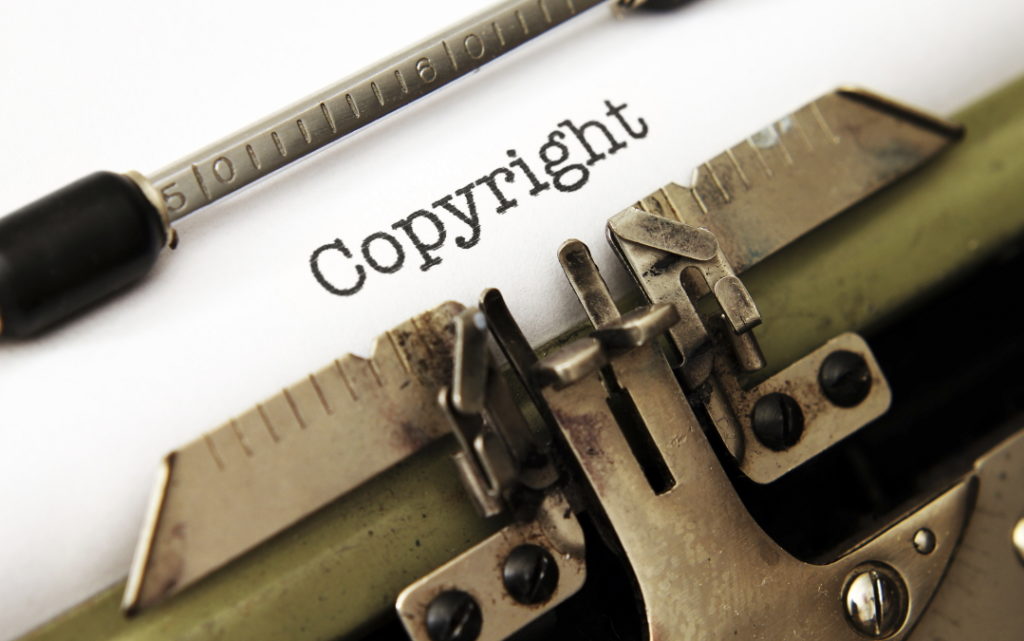Once your own company, a specific product or one of your employees has come under public fire, the entire communications department must (re)act with sensitivity, speed and a strategically mature plan. After all, it is nothing less than protecting the company’s reputation from permanent damage.
Today, every communications professional is aware that a clear communications concept, speed and “speaking with one voice” are just as important for this as authentic and transparent handling of the allegations or the crisis topic. Likewise, most departments for communication, public relations, marketing and PR have already clarified in advance who is allowed to communicate externally in the event of a crisis, who is available when and who takes care of what.
DO YOU HAVE AN EMERGENCY PLAN FOR YOUR MEDIA MONITORING?
However, it is equally important that you have a detailed emergency plan at hand for your media monitoring. After all, if the coverage is already spinning over or the crisis topic has (also) got out of control on the Social Web, there is no time to think about what information is needed, when and by whom in what form. Nor is there any time to discuss to what extent the media set can be expanded, whether there are possibilities to adapt the search terms immediately or whether it makes sense to have an update of the media mirror created in the afternoon or at the weekend. We, therefore, recommend that these questions are clarified early on and that you are prepared for the worst-case scenario.
If a media crisis has occurred, critical reporting is usually not limited to individual media channels but draws cross-media circles. Critical topics are often harshly discussed and disseminated, especially on the Social Web. Since the reach on the net is sometimes enormous and the web neither sleeps nor forgets, it is particularly important here to react early and appropriately. In addition to authentic and clarifying communication, this also includes identifying the most important influencers, making contact with them and developing communicative countermeasures.
EARLY WARNING SYSTEMS OPEN UP SCOPE FOR ACTION
We, therefore, recommend that you take the time to find out whether your monitoring provider or the tools you use offer opportunities to set up targeted alerts for social media and online sources. If you “only” receive regular reports or a daily overview for reporting (including social media) in your normal everyday life, you should also check whether you can access real-time monitoring 24/7 if necessary. This is the only way you can react directly and specifically in case of an emergency, should it be necessary.
It is also important that you are already warned when a communication crisis begins to build up. Only then will you have sufficient time to work out a targeted communication strategy and to react appropriately and professionally as a company.
FIND OUT AT JUST A GLANCE WHERE THE BIGGEST NEED FOR ACTION IS
When the buzz (the number of posts from all sources) increases to such an extent that communication and marketing can no longer read every single article, post or tweet, you are forced to work with condensed information. This is where daily summaries, for example, can help, providing orientation and making the most important information available at a glance. Equally important is access to the latest analysis graphics, which give you an overview of the media sources in which the volume of articles was how high at what time and which articles were played out in particularly wide-reaching sources. In addition, it can be helpful to have an extended analysis examine who the important authors, journalists and influencers for the crisis topic are. With this knowledge, you can then contact the most important players and enter into a dialogue, which in many cases is already the first step towards de-escalation.
BETTER SAFE THAN SORRY – WHAT INFORMATION DO YOU NEED FOR YOUR CRISIS COMMUNICATION?
What is it like in your company? Are you prepared for the worst case scenario? Do you know what information you need at what point in time if your company ever gets into communicative difficulties? If not, we would be happy to help you get your internal preparations underway – call us for a personal consultation at +1 888 5442100.





